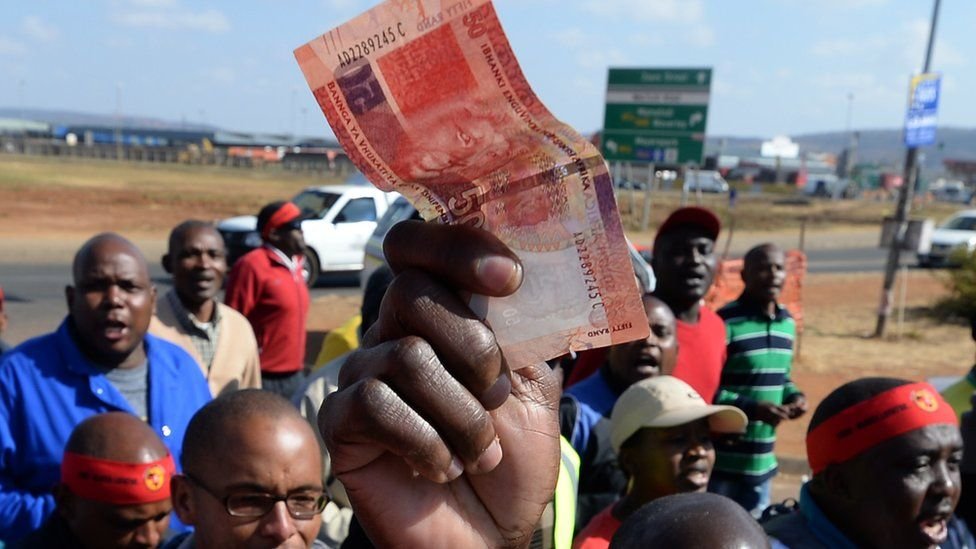South African Economy in Holding Pattern Months Ahead of Election
South Africa’s economic performance in the final quarter of 2023 revealed marginal growth of 0.1%, according to data from the statistics agency released on Tuesday. This announcement comes as the country approaches national and provincial elections scheduled for May. The 0.1% growth spared Africa’s most industrialized economy from entering a technical recession, narrowly avoiding consecutive quarters of declining economic output, following a contraction of 0.2% in the third quarter.
Despite the modest growth, concerns persist over stagnant economic conditions and high unemployment levels, both of which rank prominently among voters’ worries. With the elections looming, many analysts anticipate a shift in the political landscape, predicting that the ruling African National Congress (ANC) may lose its parliamentary majority for the first time since the end of apartheid three decades ago.
For the entire year of 2023, the country’s growth stood at 0.6%, aligning with the National Treasury’s forecast. Joe de Beer, head of economic statistics at Statistics South Africa, characterized the 0.1% growth as more of a lateral movement than a distinctly positive trend.
The data highlighted six industries contributing positively to growth in the fourth quarter, driven by sectors such as transport, mining, and finance. However, four industries made negative contributions to the overall economic performance. Notably, the size of the economy in the last quarter of 2023 resembled that of the first quarter of 2020, before the significant contraction induced by the COVID-19 pandemic.
Statistician-General Risenga Maluleke underscored how the composition of South Africa’s economy had evolved since 1994, with finance and government services surpassing manufacturing as key drivers of growth in the democratic era. The reported growth rate of 0.1% in the fourth quarter fell slightly below the 0.3% predicted by economists polled by Reuters. Challenges such as inefficiencies at state entities like Eskom and Transnet, coupled with a cost-of-living crisis impacting consumer spending, continue to impede more robust economic expansion in the country.



















